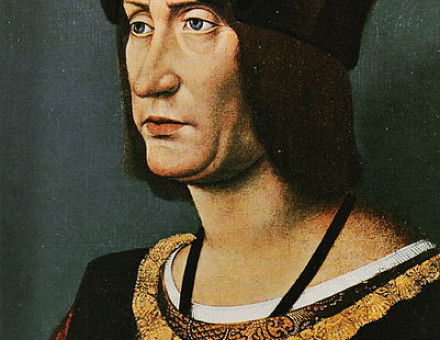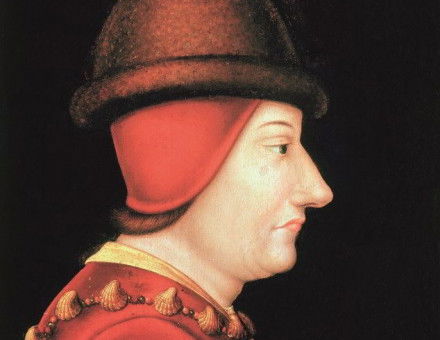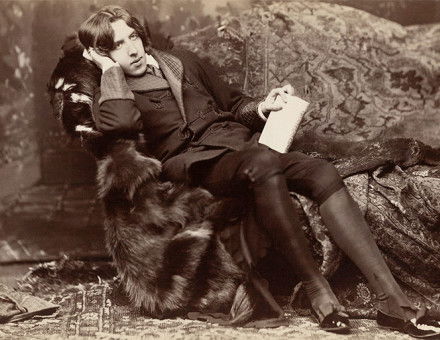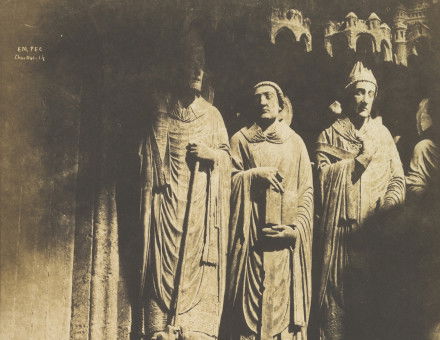Birth of Louis XII, King of France
Louis XII came to the throne in 1498 and ruled France for sixteen years. According to Howell Lloyd, he was a 'ruler in transition': images of Louis XII elevated royal power to divine status, paving the way for the ideology of absolutism to flourish in the era of the Sun King.








